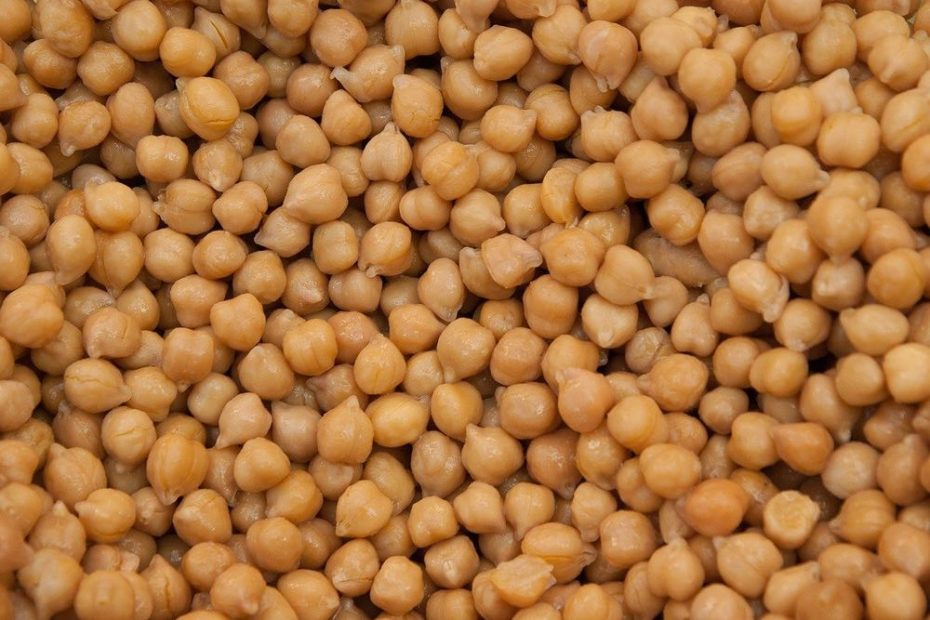Are lectins toxic?
If you’ve started looking into sources of plant protein, particularly legumes, you may have come across warnings that lectins can be toxic. But are they? And what are they? And is there anything we can do to stop them negatively impacting gut health?
While there seems to be a lot of conflicting information, don’t throw your beans out with the bathwater just yet…
So, what even are lectins anyway?
Lectins are a type of protein that bind carbohydrate. There are many different types with varying functions – they are very common in nature and found in many plants. In animals, the main function of lectins is to facilitate contact between cells, while in plants they typically act as part of the defense mechanisms, protecting the plant from pathogens and herbivorous insects.
So lectins aren’t all bad – some can even have beneficial qualities like promoting bone growth, and there is some evidence of an association with lower rates of breast cancer (1, 2). But, similar to how you can have good and bad bacteria impacting your microbiome, some lectins can also be harmful.
And what does this mean for me and my gut?
Lectins are found particularly in legumes – foods like chickpeas, lentils and soybeans – so you’re likely to be consuming these in higher amounts if you are following a vegetarian or vegan diet.
Lectins do not have any nutritional value, and can act as anti-nutrient factors, disrupting the uptake of certain nutrients (3). Lectins can also damage the lining of the gut, which can contribute to ‘leaky gut’ syndrome in sensitive individuals, and can create an immune response (4).
This doesn’t mean that lectins need to be avoided altogether though – there are some steps you can take to minimize potential damage. Raw or undercooked beans should be avoided, as these can cause digestive problems and even food poisoning-like symptoms.
How can I reduce the negative impact of lectins for my gut?
The easiest way to protect yourself from the potential damaging effects of lectins is by proper preparation and cooking. Canned legumes are already cooked, but for dried beans, soaking and cooking deactivate the lectins, so all dried legumes should be boiled for at least half an hour, and kidney beans for at least a full hour. Beans can be soaked overnight before cooking which makes them easier to digest and starts the process of lectin deactivation.
While some lectins can be harmful in some cases, correct preparation will make legumes more beneficial, easier to digest, and also makes them less likely to cause digestive problems like bloating and gas.
When properly prepared, beans and pulses are a nutrient-dense food and should not be avoided – with appropriate preparation they can be a great source of food to improve your gut health. And if you are interested in adopting a plant-based diet but don’t know where to start, take a look at RYH. We offer a range of meal plans which cater for different dietary preferences whilst ensuring you get all the nutrition you need.
References
- Farvid MS, Cho E, Chen WY, et al. Dietary protein sources in early adulthood and breast cancer incidence: prospective cohort study. BMJ 2014,
- De Mejía EG, Prisecaru VI. Lectins as bioactive plant proteins: a potential in cancer treatment. Crit Rev Food Sci Nutr. 2005;
- K.E, Akande & U.D, Doma & Agu, Helen & H.M, Adamu. Major Antinutrients Found in Plant Protein Sources: Their Effect on Nutrition. Pakistan Journal of Nutrition. 2010
- Vasconcelos IM, Oliveira JT. Antinutritional properties of plant lectins. Toxicon. 2004
